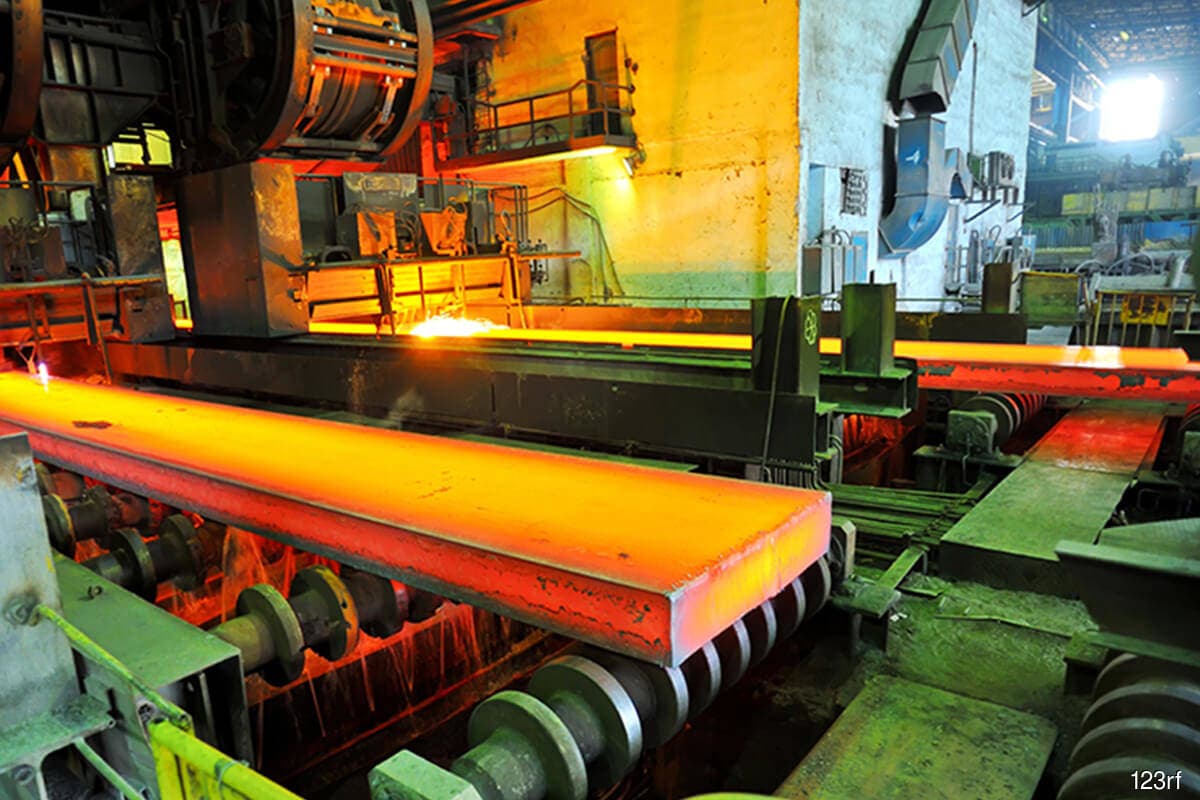
KUALA LUMPUR (Sept 1): Malaysian manufacturing production stabilised in August, sustaining the recovery from the coronavirus disease 2019 (COVID-19) downturn.
According to IHS Markit, although new orders continued to soften, the pace of moderation remained much weaker than the series nadir in April.
That said, relatively weak customer demand and efforts to reduce costs led to the most marked scaling back of employment since the survey began in July 2012.
The headline IHS Markit Malaysia Manufacturing Purchasing Managers’ Index (PMI) – a composite single-figure indicator of manufacturing performance – dipped to 49.3 in August from 50.0 in July.
It said although signalling a moderation of business conditions, the latest reading was above the series average of 49.0.
Moreover, it said given the relationship between the PMI and official figures, latest data was representative of increases in both GDP and official manufacturing production.
IHS Markit said manufacturing production was stable in August, losing some of the momentum seen during the initial rebound from lockdown.
It said the latest reading followed a joint-record expansion in June and further growth in July.
It said respondents indicated that demand continued to recover from the worst of the pandemic-related downturn, with the pace of moderation broadly in line with that seen in June and July.
The new orders index remained much higher than seen during the nadir of the COVID-19 downturn in April as some respondents saw ongoing improvements in demand following the loosening of virus-related restrictions.
That said, evidence from panel members suggested that customer demand remained relatively weak, notably in foreign markets.
New export orders continued to deteriorate, and to a greater extent than total new business amid ongoing restrictions in a number of export markets.
IHS Markit said latest data pointed to ongoing spare capacity in the sector as backlogs of work were reduced solidly.
It said the lack of capacity pressure and efforts to reduce costs led firms to scale back employment.
The resulting reduction in staffing levels was the sharpest since the survey began in July 2012, it said.
IHS Markit chief business economist Chris Williamson said for the expansion of manufacturing output to have lost some momentum from the initial rebound from lockdown should come as no surprise, but the extent to which demand – and export orders in particular – continue to deteriorate is a concern.
He said a weakening of business sentiment about prospects for the year ahead is likewise worrying.
“Although it’s encouraging to see the number of optimists continue to exceed pessimists, suggesting that firms are on balance expecting to grow in the coming year, expectations remain well below pre-pandemic levels, highlighting that confidence remains badly dented by the pandemic.
“Firms consequently continue to focus on cost cutting to help survive the COVID-19 crisis, notably with respect to employment,” he said.